Clinical Simulation 2: Healthcare Training Project
VerifiedAdded on 2022/08/12
|5
|710
|17
Project
AI Summary
This assignment presents a clinical simulation project focused on healthcare and nursing education. The student's work includes a personal statement expressing interest in a healthcare simulation program and its career benefits. The project also involves a letter to a supervisor addressing the issue of catheter-associated urinary tract infections (CAUTI) in an intensive care unit (ICU) setting. The letter proposes simulation-based training to improve nurses' knowledge and practices related to catheter insertion and care, aiming to reduce CAUTI rates, improve patient satisfaction, and enhance the quality of healthcare services. The student highlights the benefits of simulation, including improved competency and proficiency, along with the implementation of regular healthcare service quality audit systems. References to relevant research articles supporting the use of simulation in healthcare are also provided. The project demonstrates the application of simulation to address real-world healthcare challenges and improve patient outcomes.
1 out of 5
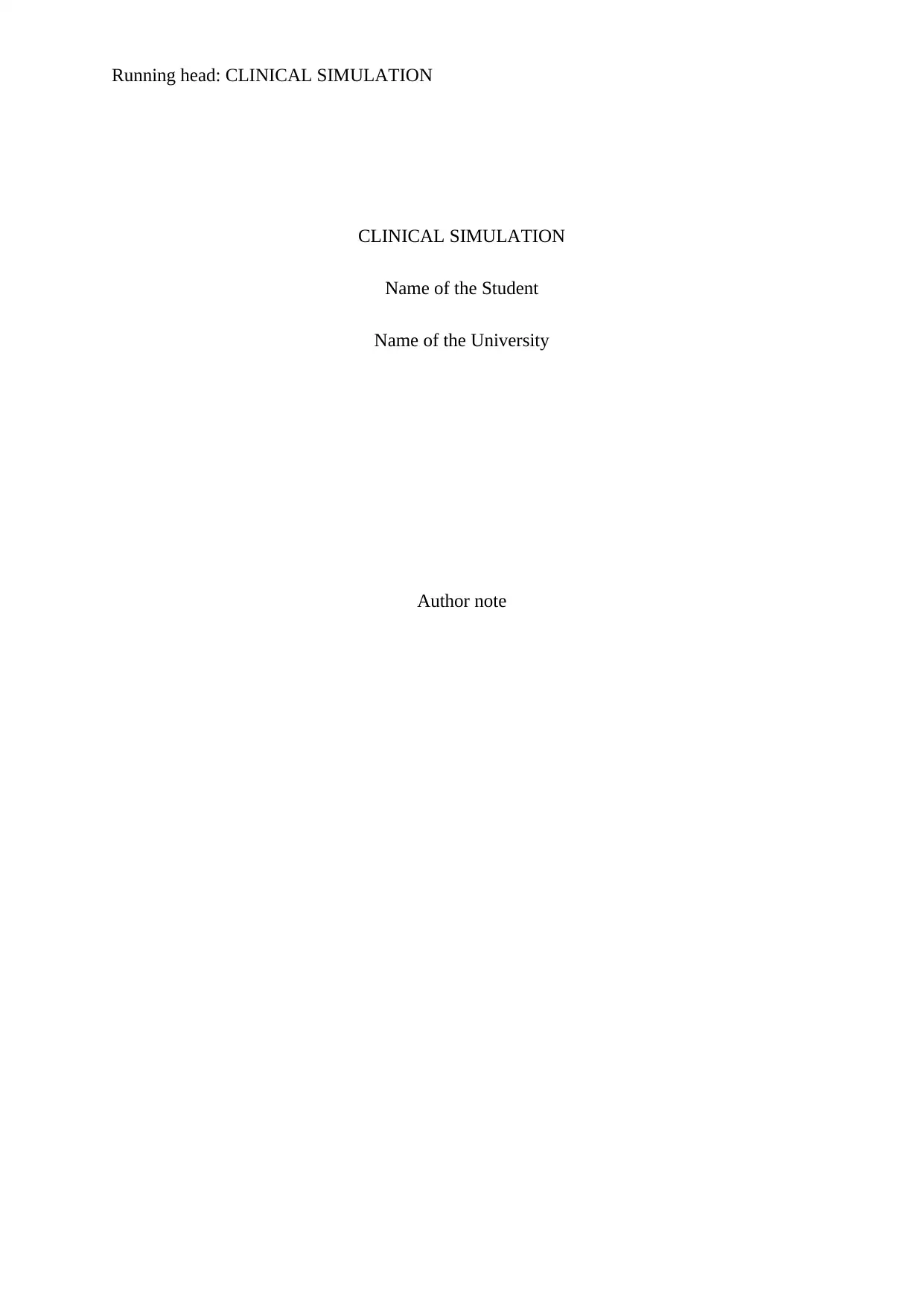
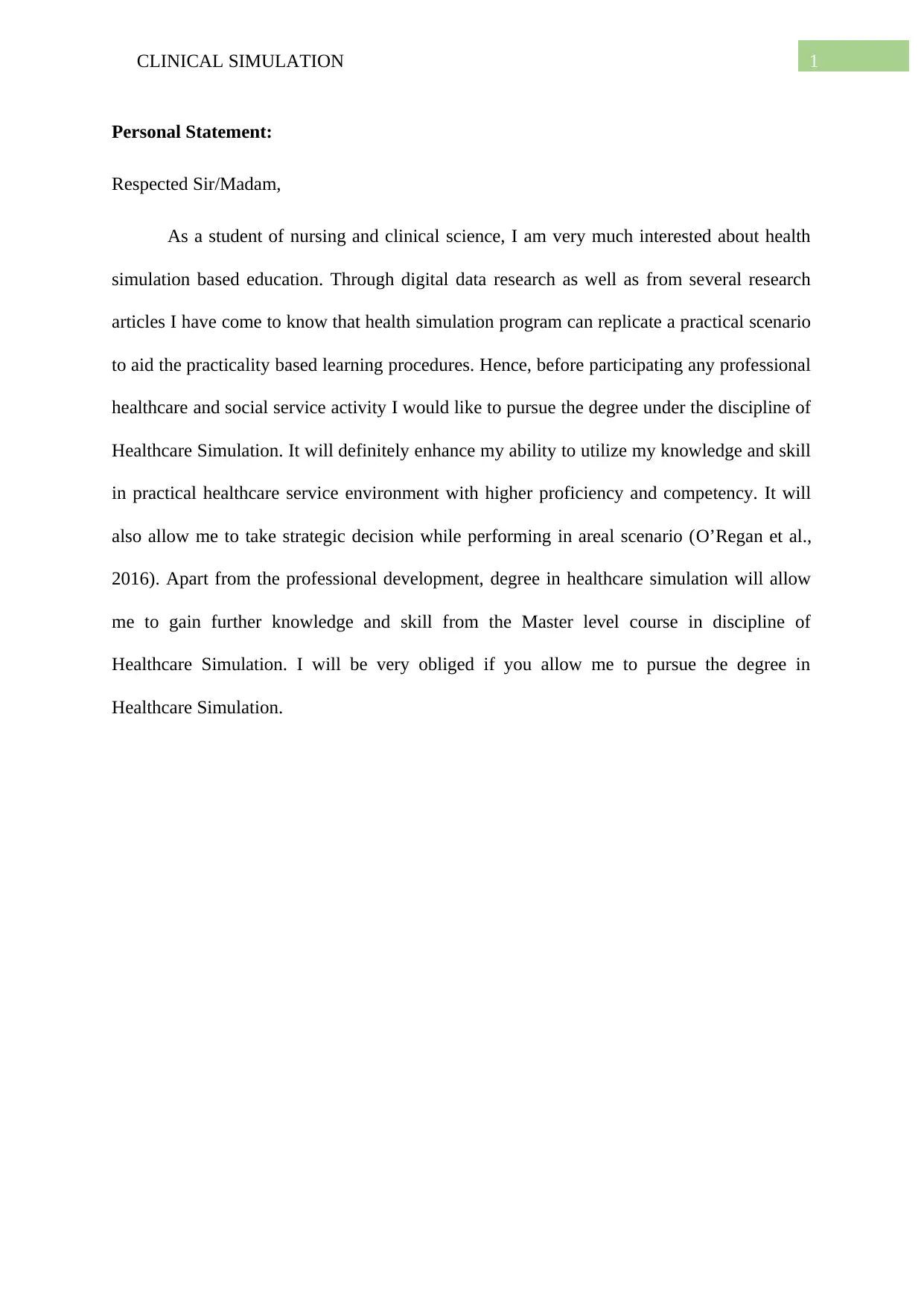
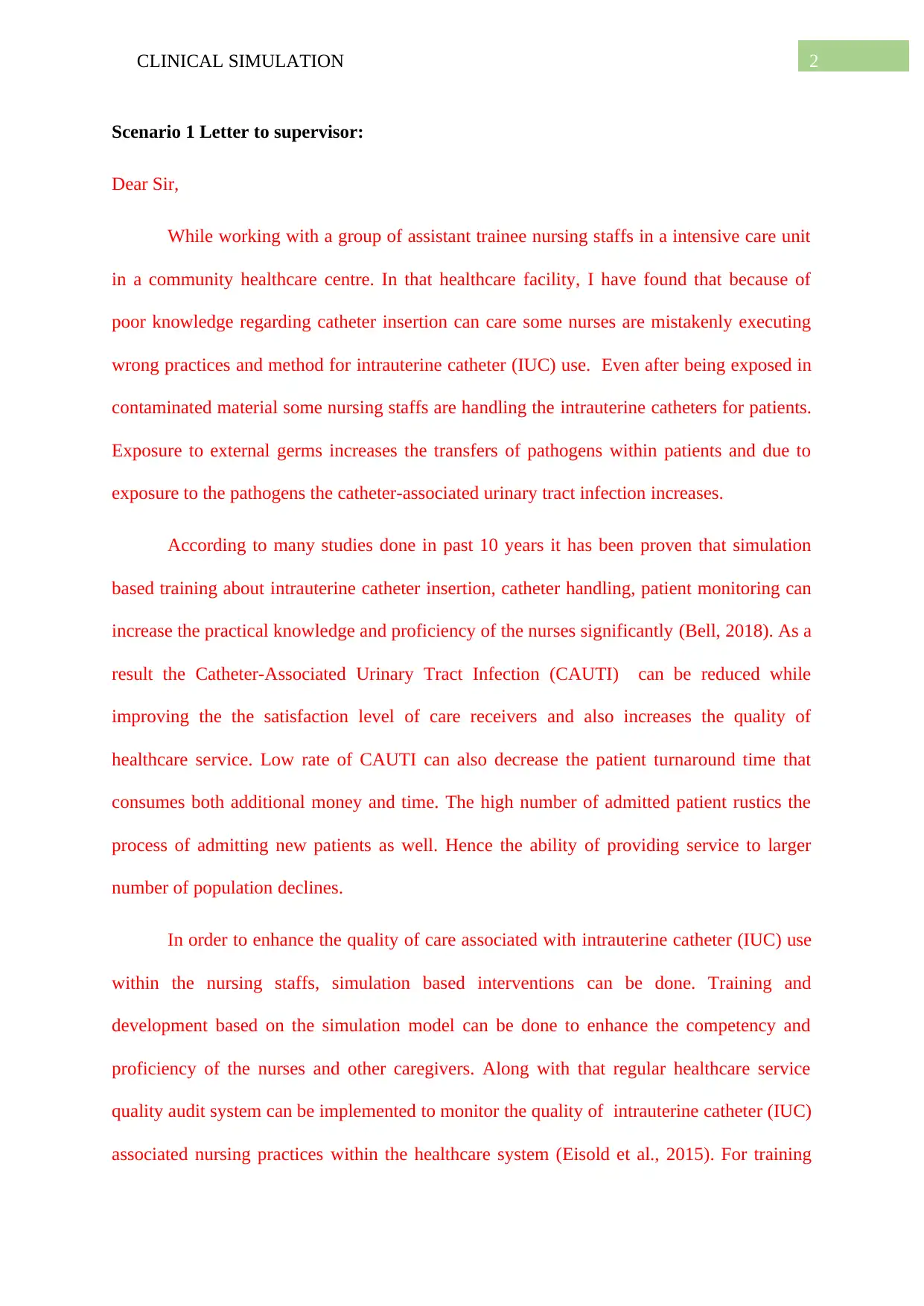

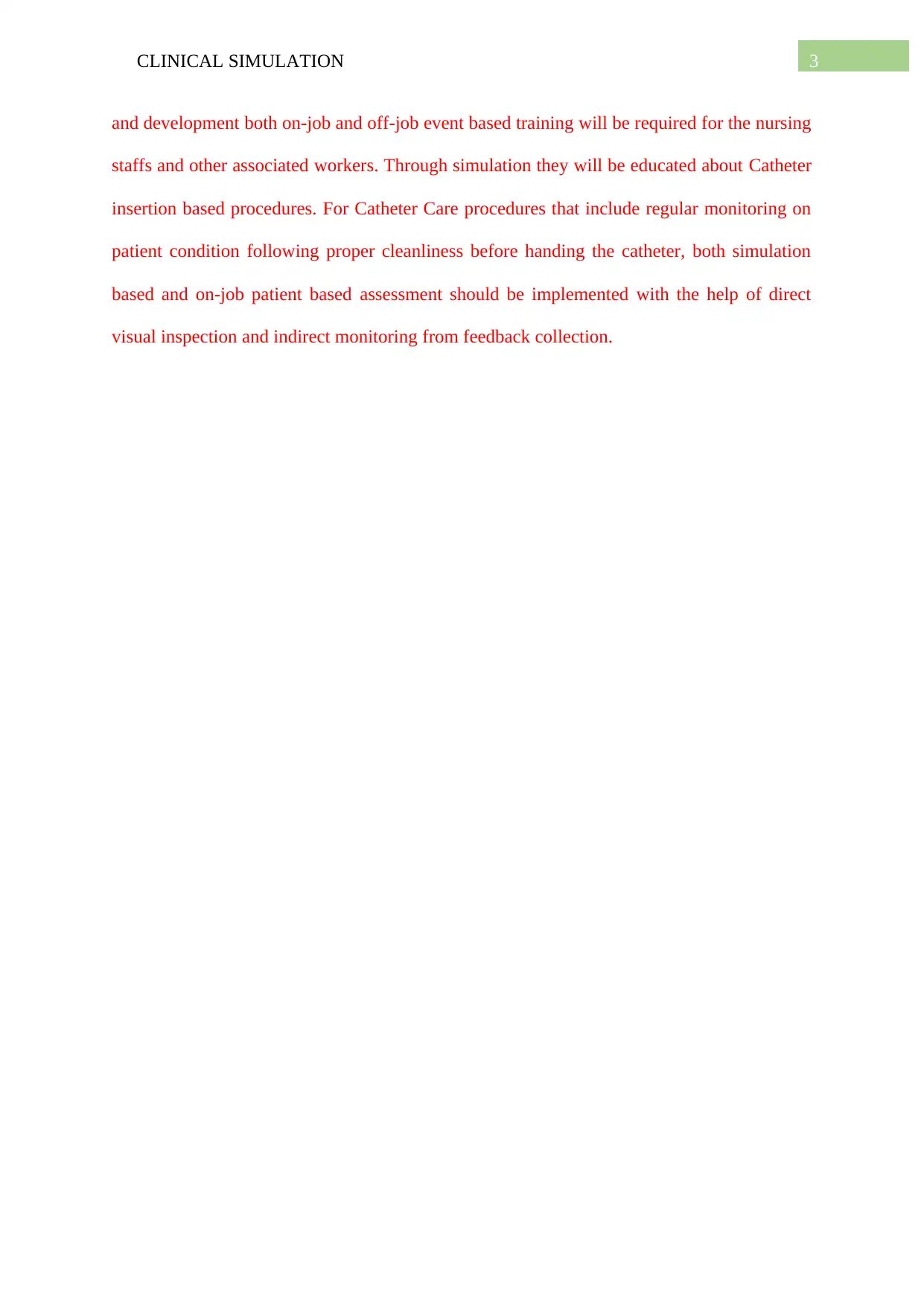
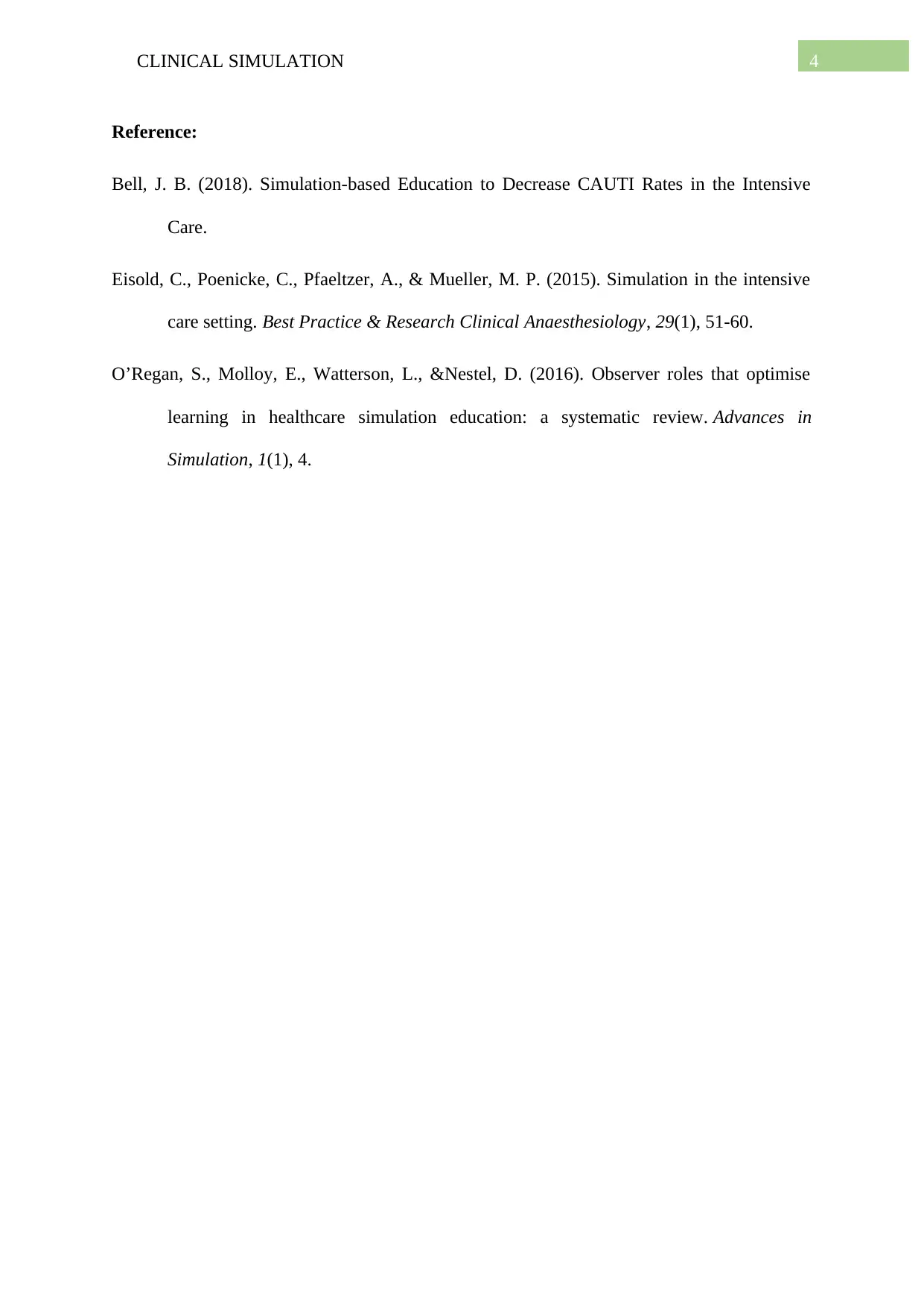






![[object Object]](/_next/static/media/star-bottom.7253800d.svg)